The traditional marriage laws of South Africa represent a complex interplay between indigenous customs, colonial influences, and modern constitutional values. Rooted in centuries of cultural practice, these laws govern unions conducted under customary rites, distinct from civil or religious marriages. Unlike Western marriage systems, traditional unions often involve extended family negotiations, lobola (bride wealth), and community recognition as key pillars of validity.
Historical foundations shape contemporary practice. Before colonial interference, African societies across the region developed sophisticated systems for regulating marriage. The Nguni, Sotho-Tswana, and other groups each maintained unique protocols, though common threads included polygyny, ancestral veneration, and the concept of marriage as an alliance between families rather than just individuals. Dutch and British administrators later codified these practices through ordinances that both preserved and distorted indigenous traditions.
The Recognition of Customary Marriages Act (1998) marked a watershed moment in legal history. Coming four years after South Africa's democratic transition, this legislation finally granted full legal status to traditional unions while attempting to align them with constitutional gender equality principles. The Act requires registration of customary marriages but acknowledges their validity even without bureaucratic formalities, provided essential rituals are observed.
Lobola negotiations remain the most visible - and frequently debated - aspect of these unions. Contrary to simplistic portrayals as "bride price," this exchange of cattle or equivalent assets symbolizes much more: a covenant between families, compensation for the loss of a daughter's labor, and security for the wife. Modern courts increasingly scrutinize lobola practices to prevent exploitation while respecting cultural authenticity.
Polygyny provisions reveal tensions between culture and rights. The 1998 Act permits plural marriages but imposes conditions unheard of in pre-colonial times: a court must approve contracts regulating property distribution, and subsequent wives must consent to the existing union. These requirements aim to protect vulnerable parties while preserving cultural choice, though traditionalists argue they distort authentic practice.
Property regimes under customary law present another legal frontier. Unlike community property systems in civil marriage, traditional unions often treat family assets as collectively managed by the husband's lineage. Recent court rulings have challenged this paradigm, ordering equitable distribution that considers wives' contributions - a revolutionary concept in patrilineal systems.
The voice of women in customary unions has gained increasing judicial attention. While traditional structures often marginalized wives in decision-making, constitutional courts now insist on interpreting custom through a rights-based lens. Landmark cases have affirmed widows' inheritance rights, rejected forced marriages, and recognized wives' capacity to initiate divorce - all radical departures from rigid traditional norms.
Urbanization complicates the application of customary law. Migrant laborers and city dwellers frequently blend traditional rites with modern elements, creating hybrid unions that defy clear legal categorization. Courts grapple with determining what constitutes "sufficient" compliance with custom when couples adapt rituals to urban constraints.
International human rights instruments increasingly influence local jurisprudence. As South African judges reference CEDAW and other treaties in customary marriage disputes, a fascinating synthesis emerges - foreign legal concepts being filtered through African communal values to produce uniquely South African solutions.
The future of traditional marriage law hangs in delicate balance. Preservationists warn against diluting authentic custom, while reformers push for greater alignment with gender equality norms. What emerges is neither static tradition nor wholesale Westernization, but rather a living system evolving through democratic engagement - much like South Africa itself.
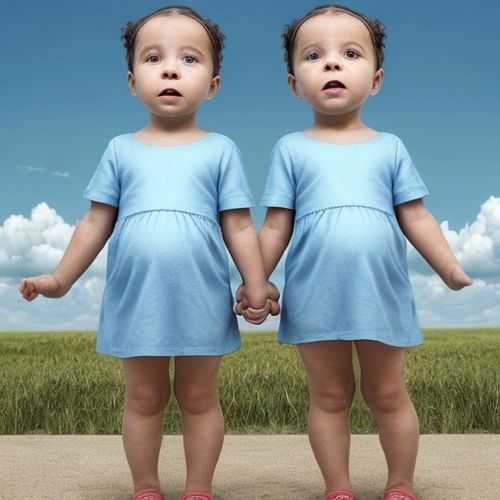
By Eric Ward/Apr 19, 2025

By Sophia Lewis/Apr 19, 2025

By George Bailey/Apr 19, 2025
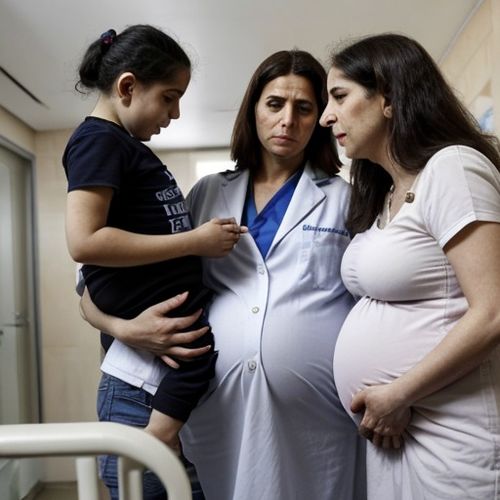
By George Bailey/Apr 19, 2025
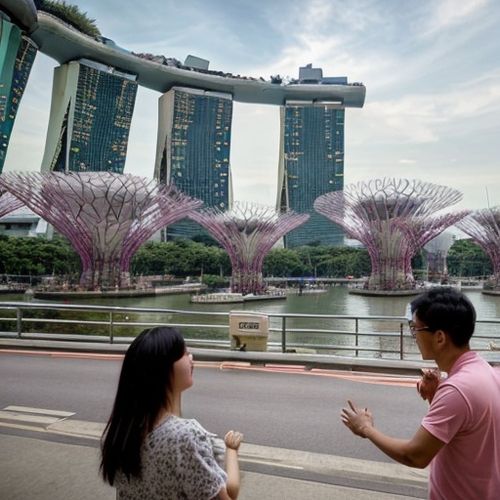
By Grace Cox/Apr 19, 2025
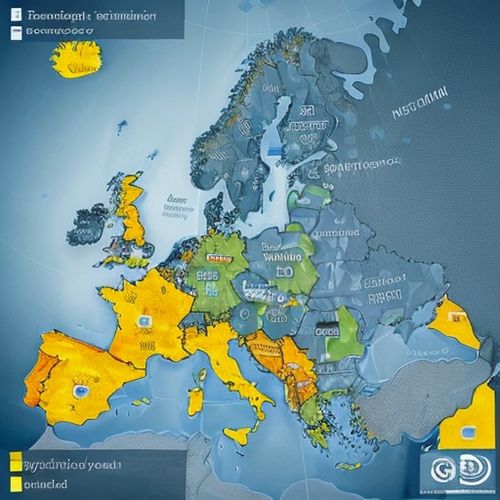
By Natalie Campbell/Apr 19, 2025
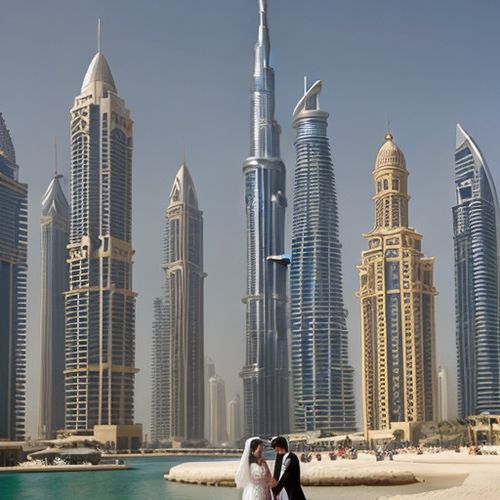
By Sarah Davis/Apr 19, 2025

By Michael Brown/Apr 19, 2025
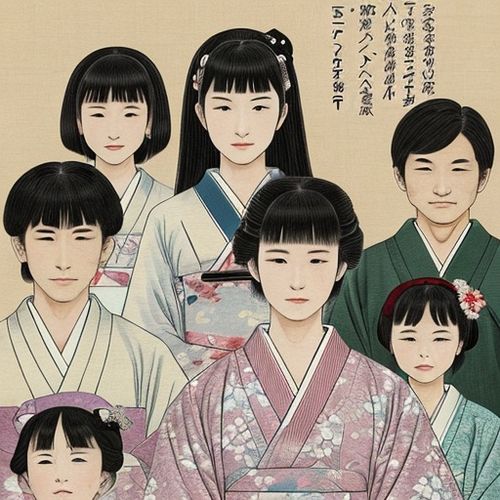
By George Bailey/Apr 19, 2025

By Victoria Gonzalez/Apr 19, 2025
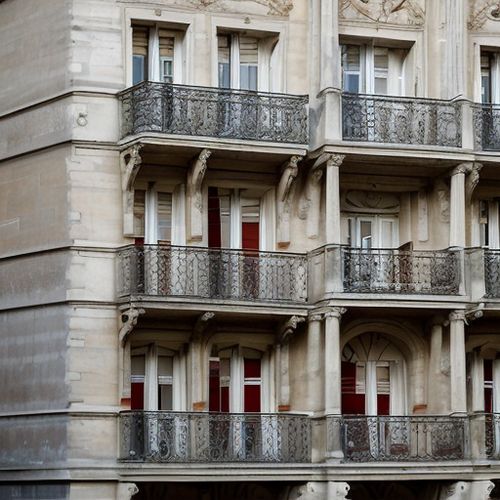
By Christopher Harris/Apr 19, 2025
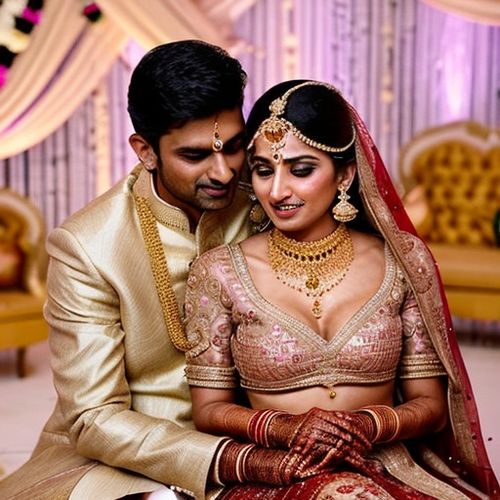
By Natalie Campbell/Apr 19, 2025

By Sophia Lewis/Apr 19, 2025

By James Moore/Apr 19, 2025
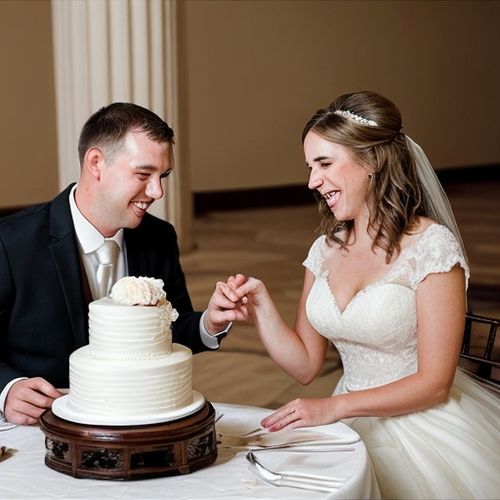
By Natalie Campbell/Apr 19, 2025
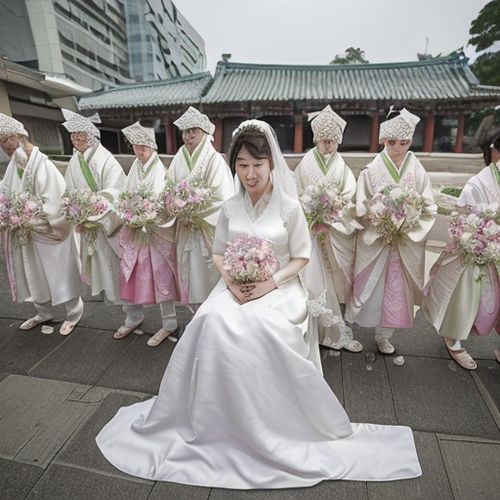
By Emily Johnson/Apr 19, 2025
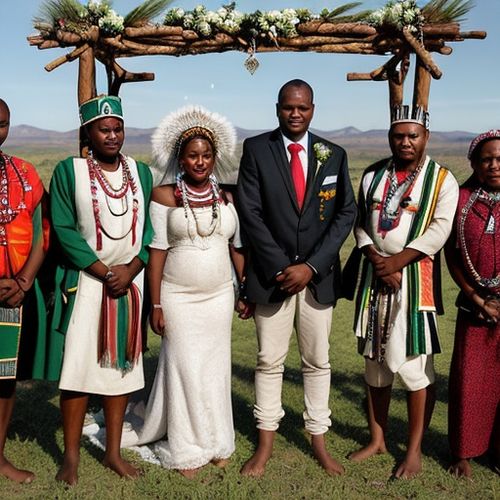
By James Moore/Apr 19, 2025
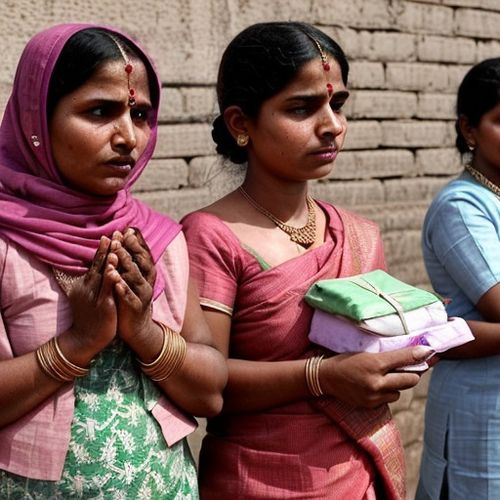
By Amanda Phillips/Apr 19, 2025
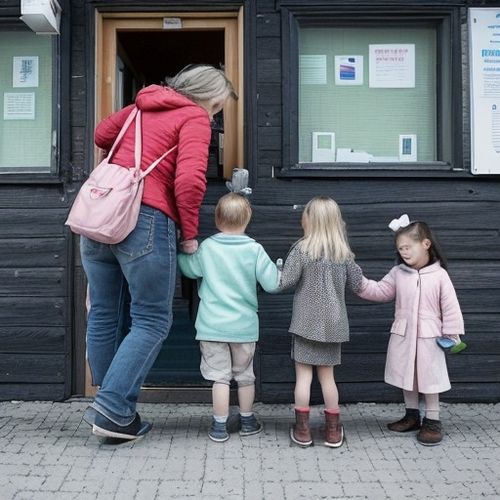
By Emily Johnson/Apr 19, 2025

By Noah Bell/Apr 19, 2025